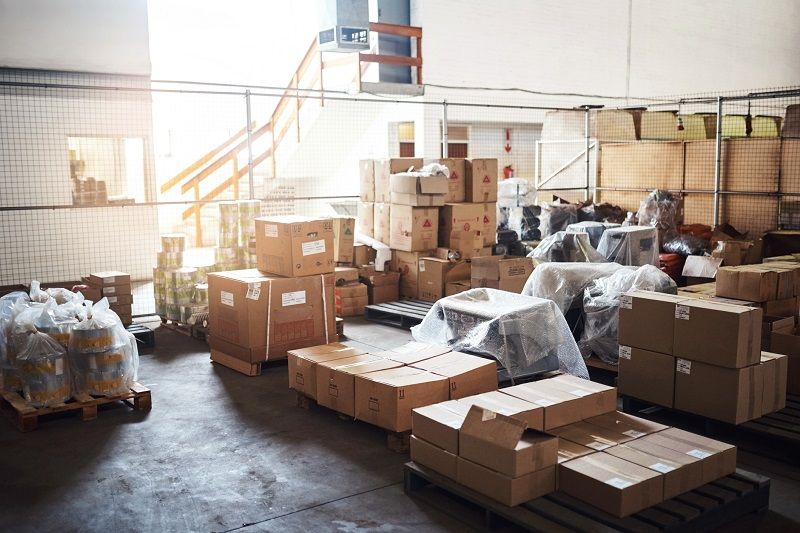Exporters often ship goods to different customers as an added advantage for bulk orders or as product samples for tryouts. As a result, many experts in the shipping industry believe that it’s necessary to include these shipments on the commercial invoice. To clearly state that you did not charge your customer for this particular product, you will need to add their notation on the voice, making the value solely for customs use. As an exporter, it is necessary to understand the value of your shipments. For more information, check out the Foreign Trade Regulations or the Electronic Export Information (EEI).
Best Practice
In some cases, your buyers may wish to indicate a price lower than the actual value to reduce the amount of duty they need to pay on the particular product. However, this practice is wrong, and the buyer’s country will often have regulations against such practices.
If the goods being transported to the buyer are samples, you must indicate this on the product packages. This indication must clearly show that the entire packing and goods are for sample and testing purposes and not intended for resale.

On the other hand, if the shipments become compromised, these goods won’t end up being resold in your customer’s market. You can prevent this by getting the value of the samples to the lowest minimum or zero. For example, if jeans trousers are slit both in the front and back after reaching their destination, no one will wear them.
Bottomline
It is essential to ensure that you do all documentation for your products and shipments properly, with your invoices being no exceptions. Processing free samples can be quite confusing for many, and can quickly end up getting done the wrong way. To combat this, make sure to thoroughly review the information above and check out the attached sites for more directions.
Learn More with EXIMA
Are you interested in learning more about the trade industry? Check out other articles on our blog today and avoid common mistakes traders tend to make!









